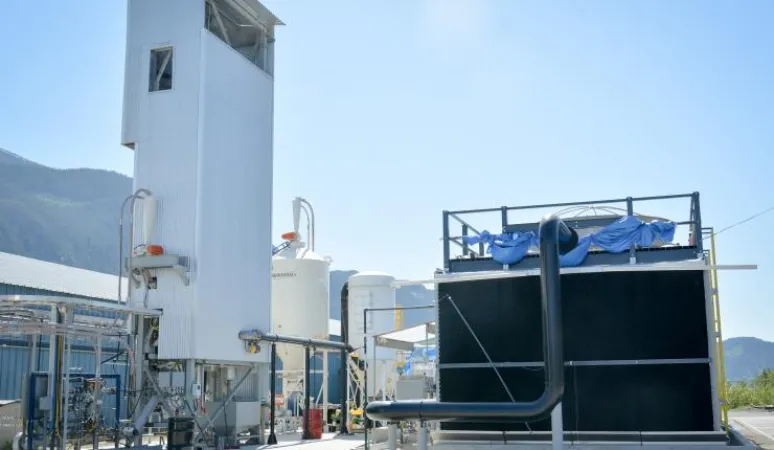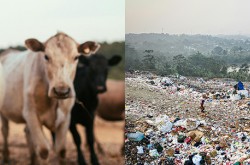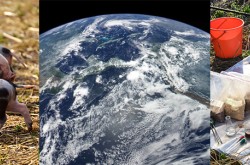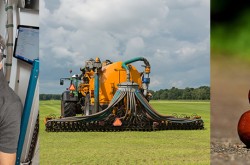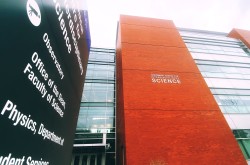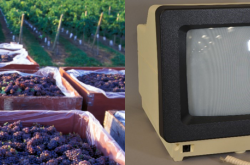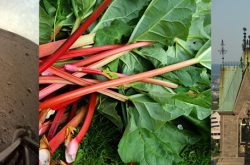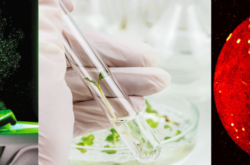Synthetic Fuels from Carbon Dioxide
This article was originally written and submitted as part of a Canada 150 Project, the Innovation Storybook, to crowdsource stories of Canadian innovation with partners across Canada. The content has since been migrated to Ingenium’s Channel, a digital hub featuring curated content related to science, technology and innovation.
What if atmospheric carbon dioxide could be used to produce gasoline, diesel, and other transportation fuels?
This is the goal of Carbon Engineering, which is currently building the world’s first industrial scale pilot plant for this purpose in Squamish, British Columbia. This plant will go into operation later this year, and will produce one barrel of fuel per day for testing and demonstration.
Using atmospheric carbon dioxide, water, and renewable energy, the technology developed by Carbon Engineering will be able to produce transportation fuels for less than one dollar per litre.
Further, these synthetic fuels are cleaner burning than fossil fuels, are drop-in compatible with current infrastructure and engines, and do not suffer the land use and food security issues associated with biofuels.
The first commercial scale production plant is planned for 2020. When this fuel becomes widely available, it will give us the option to produce tens of thousands of barrels per day of fuel at a single facility, so fuel users can continue to use internal combustion engines while also being carbon neutral.



